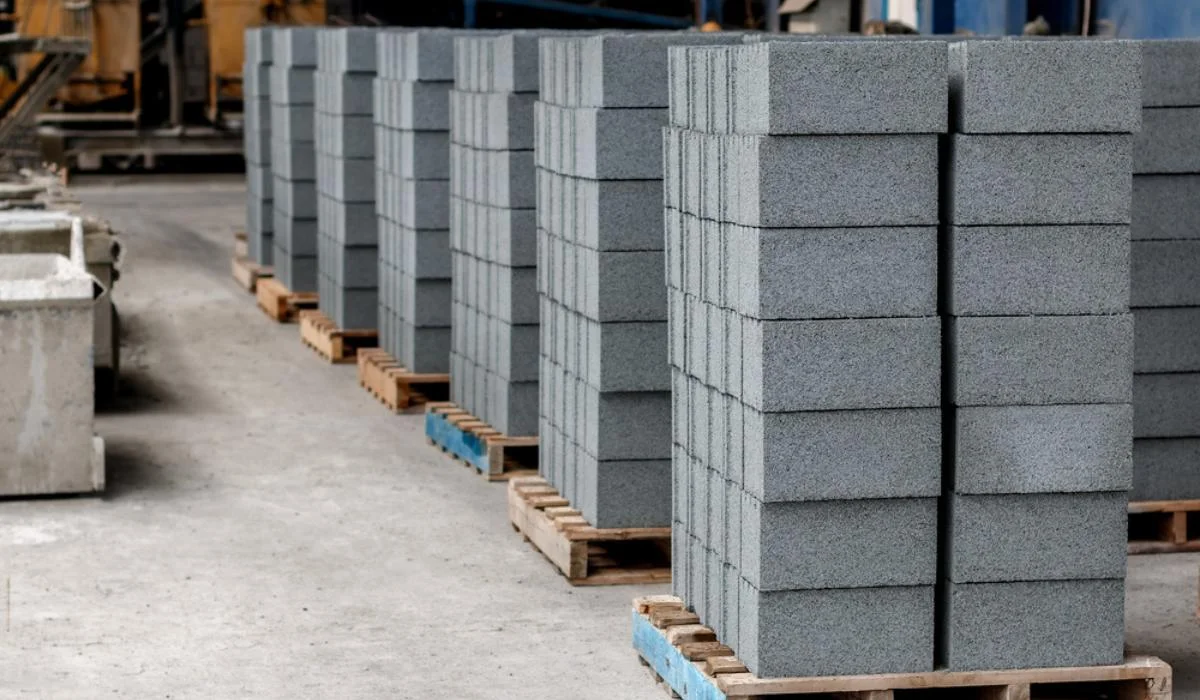Concrete is one of the most important building materials that is responsible for providing strength and life to a structure. It entails certain characteristics that are vital for structural integrity. The permeability of concrete is a concrete property that allows fluids like water, gas, etc., to pass through it. Concrete comprises gravel and sand that is mixed with water and cement.
Permeability of concrete: Importance
Having an understanding of concrete’s permeability is crucial as it influences the structures’ durability to a great extent. In case of excessive permeability, many issues can arise, including reinforcement steel corrosion, concrete degradation, and structural strength reduction. Moisture penetration may also result in the growth of mould and interior finishes deterioration.
Factors affecting the permeability of concrete
Structure of the pore
The pore arrangement and size of concrete have an impact on its overall permeability. If the pores are small and well-distributed, it can restrict the movement of fluids.
Treatment adequacy
In case of treating the concrete with admixtures, additives, or sealers can alter its permeability.
Aggregate quality
The aggregate type and quality of concrete have an impact on its permeability. Good aggregates various sizes can fill voids between particles and further reduce the permeability of concrete.
Age
The concrete’s age during the testing time or usage can impact its permeability. Freshly poured concrete may have a higher permeability because of excess water presence.
Cement content
The amount of cement content in concrete directly affects its permeability. High cement content often results in concrete with fewer voids.
Water-cement ratio
The water-to-cement ratio influences the concrete’s porosity. Higher water-cement ratios may lead to more pores and capillaries.
Compaction degree
Proper compaction is essential during the construction process to reduce permeability. If the compaction is inadequate, it can further lead to voids and air pockets.
How to reduce permeability of concrete?
Curing
During the initial phases of concrete setting, adequate curing may help prevent crack formation and ensure that concrete gets the desired strength.
Optimal design
If you choose the correct mix of aggregates, cement and water, it can affect the permeability of concrete.
Sealers and coatings
Applying sealers and coatings to the concrete surface can create a shield, preventing moisture and other substances from infiltration.
Additives
Making use of additives like fly ash or silica fume enhances the properties of concrete. These additives are responsible for filling voids, further making them fluid penetration resistant.
Proper construction practices
Making sure of proper construction techniques usage, like adequate compaction, proper formwork installation, and joint detailing, can help significantly minimise the potential pathways for fluid.



Join The Discussion